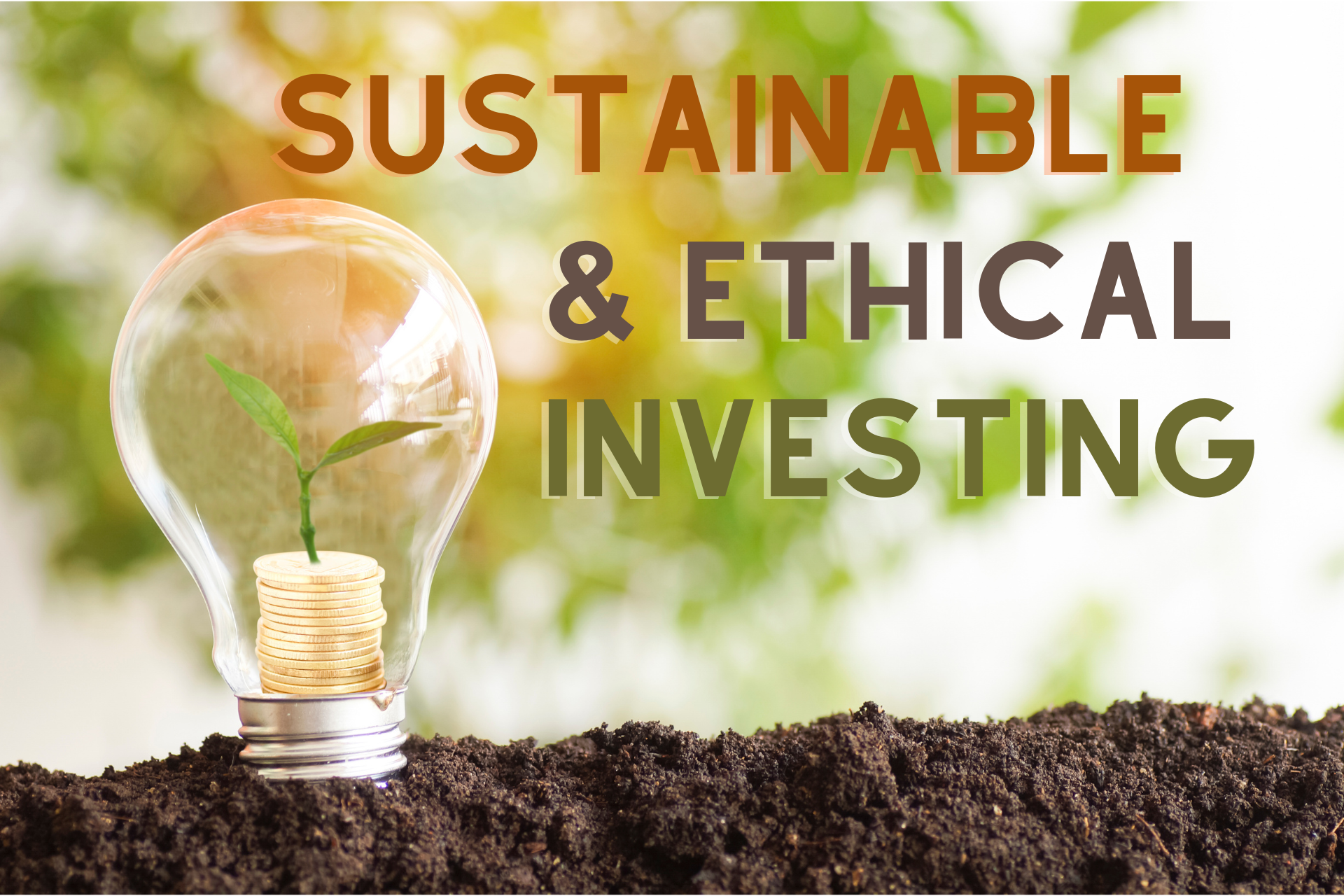As we enter a new year, many are hopeful that 2021 will be positively different from 2020 in health, the environment, and the economy. In the wealth management industry, we know things are already different as we see more Americans wanting to plan for their futures. Our parents and grandparents experienced The Great Depression that was life-changing for many, but COVID-19 is nothing compared to previous health and financial crisis in modern history.
McKinsey’s study in April-May 2020 concludes that worldwide, COVID-19 is shaping financial decision-makers’ attitudes and behaviors based on personal preparedness and their fears.
“More concrete markers of financial health remain tenuous. Household financial decision makers across the globe continue to report decreases in income and savings ranging from 30 percent to 80 percent. And in most countries, between 20 percent and 60 percent of decision makers say they fear for their jobs.”
These emerging trends show how 2021 will differ for many Americans in these critical areas:
Financial planning becomes a top priority– While many Americans work with a financial professional, there has been an increase in people seeking out financial advice that haven’t done so before. For many, layoffs and job terminations equal fewer retirement savings due to decreasing contributions or tapping retirement savings prematurely.
Having an emergency fund has new importance– COVID-19 has taught us that life can change instantly. Unexpected job loss, hospitalization, or death makes having an emergency fund with three to six months saved for living expenses and financial obligations critical.
Debt reduction reduces restriction- Many Americans changed course on their spending and debt during 2020, according to WalletHub:
“Americans began 2020 owing more than $1 trillion in credit card debt after a $76.7 billion net increase during 2019. Consumers quickly changed course, however, posting the biggest first-quarter credit card debt pay-down ever, at $60 billion. This was followed by new records for Q2 and Q3, when consumers paid down $58.8 billion more in credit card debt. Although first quarter pay downs are normal, Q2 and Q3 2020 mark the first times in more than 30 years that credit card debt has dropped from April through September.” – WalletHubCredit Card Debt Study, Alina Comoreanu, Senior Researcher, December 8th, 2020.
Retirement savings takes center stage- COVID-19 had minimal long-lasting effects on the stock market, and many chose to stay invested for the long-haul and their future retirement. Making informed decisions and staying invested helped many investors keep their emotions in check throughout stock market swings.
Good health and insurance will take precedence- Health insurance and healthy lifestyles will become even more important to us and those we love. Unhealthy lifestyles and illnesses are expensive for everyone, especially for those with no insurance or underling health conditions. More people chose to purchase life insurance, and 2020 produced record sales in the life insurance industry.
If you would like to visit regarding any of these topics, right now is the best time for us to meet.
Org Id: 3380648.1





